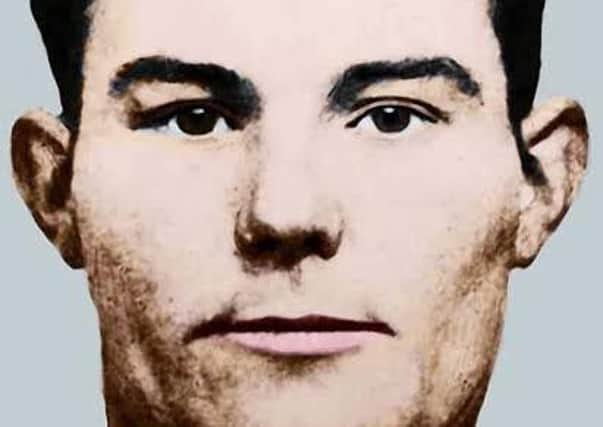Convict's cameo at trial led to man being hanged for killing


Robert Graham, who lived in Charlotte Street, Preston, with his wife and four children, was a familiar figure in the Preston courts in the immediate post-war years.
In January 1945 the Lancaster City magistrates remanded him for trial at the Preston Quarter Sessions, along with James O’Conner of Frenchwood Street, on charges of burglary and larceny at Lancaster and Preston.
Advertisement
Hide AdAdvertisement
Hide AdJudge Fraser Harrison held court at the Preston Sessions in mid-February and both men were found guilty. O’Conner, who had a long list of convictions dating back to 1933, was given a sentence of 21 months with hard labour. However, the judge was more lenient with regards to Graham. The defence counsel telling the court that Graham had been discharged from the Army after serving in France. He had then joined the Merchant Navy as an engineer, was again discharged and joined the RAF.
Once more discharged he had taken up civilian employment in Preston, but had unfortunately got into bad company. It appeared that he had played the secondary role in the crimes listed, which included theft of a gun, jewellery and other goods. The judge decided that he would postpone any sentence for 12 months. By mid-April 1945 Graham, aged 37, was before the Bamber Bridge magistrates where he pleaded guilty to a house breaking offence in Bridge Terrace, Walton-le-Dale, and was committed to the Preston Sessions.
Again he faced Judge Fraser Harrison and the court heard he had been suffering from psycho-neurosis, which had developed during service in the Merchant Navy. In sentencing Graham to 12 months’ hard labour the Judge stated that the prison medical officer would have an opportunity of hopefully curing him of his illness. Released in early 1946 he was soon in trouble again, having by October broken into a wine and spirit store down Main Sprit Weind in Preston and stolen two diamond rings at Morecambe.
At the Preston Sessions of November 1946 Graham pleaded guilty as charged before Judge Harold Rhodes. A sympathetic plea from the defence counsel was ignored and a doctor from Walton Prison, where he had served his previous sentence, stated he did not feel Graham warranted further shock treatment for psycho-neurosis.
Advertisement
Hide AdAdvertisement
Hide AdJudge Rhodes then sentenced him to two years’ imprisonment. Even that sentence didn’t deter Graham from a life of crime and in November 1949 he was on remand in Walton Gaol for receiving stolen property. In March 1949 an armed and masked man had entered the Cameo Cinema in Liverpool to rob the night’s takings, whilst his accomplice waited outside as a lookout. Gunshots were fired and cinema manager Leonard Thomas and his assistant John Catterall were cruelly killed.
A massive murder inquiry followed and eventually, through an anonymous letter, suspicion fell on George Kelly and Charles Connelly.
The two were placed on remand at Walton Gaol awaiting trial. It was there they made the acquaintance of Graham, who appeared at their Liverpool Assizes murder trial in January 1950 as a witness for the prosecution. He told the court that, whilst in the exercise yard of Walton Gaol, Kelly had confessed to the murder saying he had panicked and that Connelly was the lookout.
The jury could not reach a verdict and retrials were ordered. Kelly was found guilty in early February and weeks later Connelly was convicted of robbery and given 10 years in prison.
Advertisement
Hide AdAdvertisement
Hide AdKelly was hanged in late March 1950 at Walton Gaol by chief executioner Albert Pierrepoint. As for Graham, he felt unsafe behind bars after his court appearance, and was released from prison in mid-March 1950 after serving only six weeks of a six-month sentence for his crime. In the weeks that followed, Graham received threatening letters and was forced to flee his Preston home, leaving his wife and children behind.
There remained great doubts over the convictions of Kelly and Connelly and eventually the case went before the Court Of Criminal Appeal, and in 2003 the convictions were quashed.
Kelly’s remains were taken from their burial place in Walton Gaol by his family and given a dignified funeral.